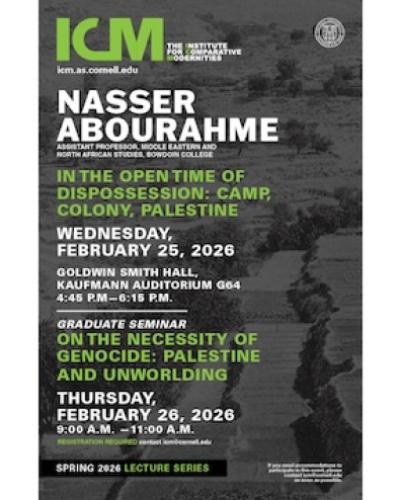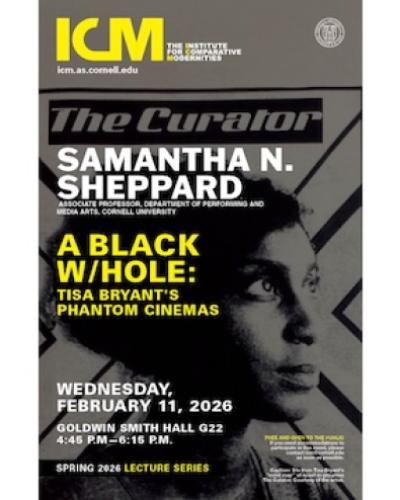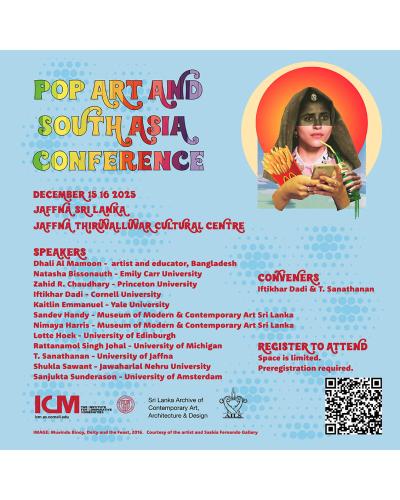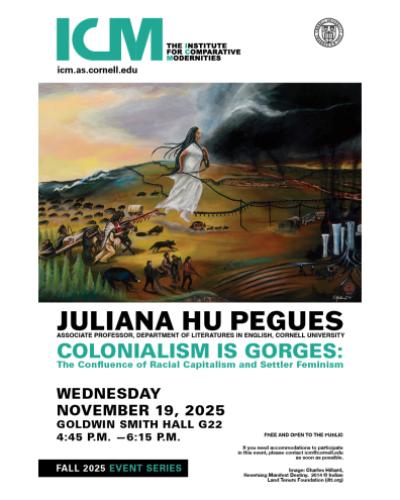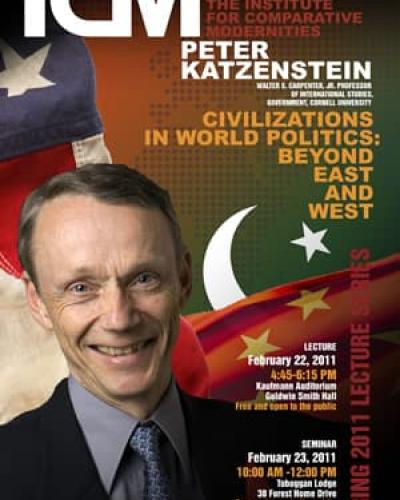Kaufmann Auditorium, Goldwin Smith Hall
Free and open to the public
Conceptions of civilizations that stress civilizational unity and uniform standards of conduct and theories of Chinese and American politics that emphasize single traditions make us overlook complexity in politics, sidestep nuance in our analysis, silence questions we should ask about ourselves and others, divert our attention away from processes of change, and choose inappropriate political strategies. Civilizations are better thought of in pluralist rather than unitary terms. They are embedded in a global context of knowledge and practice that influences them without robbing them of their distinctiveness. Analogously, multiple tradition theories of American and Chinese politics are more compelling than single tradition theories. Liberal and Confucian diversity entails exclusive tendencies that energize politics. As urgent as the focus on conflict or clash is a systematic study of inter-civilizational encounters and trans-civilizational engagements.
FEBRUARY 23, 2011
SEMINAR
10:00 am - 12:00 pm
Toboggan Lodge, 38 Forest Home Drive
Free and open to the public
COVER MEMO FOR SEMINAR ATTENDEES
AVAILABLE FOR DOWNLOAD (pdf opens in a new window)
OPTIONAL SEMINAR READINGS AVAILABLE FOR DOWNLOAD:
Anglo-America: Civilizational Politics Beyond West and East (pdf opens in a new window)
Sinicization and Civilizational Processes (pdf opens in a new window)
Many Wests and One Global Civilization of Multiple Modernities (pdf opens in a new window)
The West as Anglo-America (pdf opens in a new window)
Peter J. Katzenstein is the Walter S. Carpenter, Jr. Professor of International Studies at Cornell University.Katzenstein's work addresses issues of political economy, security and culture in world politics. His current research interests focus on the politics of civilizations, political economy, international security, international law, popular culture and European and Asian politics. Recent books include: Beyond Paradigms: AnalyticEclecticism in the Study of World Politics (Palgrave, 2010), with Rudra Sil; Civilizations in World Politics: Plural and Pluralist Perspectives (Routledge, 2010); European Identity (Cambridge University Press, 2009), co edited with Jeffrey T. Checkel;Rethinking Japanese Security (Routledge, 2008); Anti-Americanisms in World Politics, co edited with Robert O. Keohane (Cornell University Press, 2007); Religion in an Expanding Europe(Cambridge University Press, 2006), co edited with Timothy A. Byrnes; Beyond Japan: East Asian Regionalism (Cornell University Press, 2006), co edited with Takashi Shiraishi; A World of Regions: Asia and Europe in the American Imperium (Cornell University Press, 2005); and Rethinking Security in East Asia: Identity, Power, and Efficiency (Stanford University Press, 2004). He is the author, coauthor, editor and coeditor of more than 30 books or monographs and over 100 articles or book chapters.
Katzenstein was President of the American Political Science Association (2008-09). He was elected to the American Academy of Arts and Science in 1987 and the American Philosophical Society in 2009. He was the recipient of the 1974 Helen Dwight Reid Award of the American Political Science Association for the best dissertation in international relations; of the American Political Science Association's 1986 Woodrow Wilson prize for the best book published in the United States on international affairs; and, together with Nobuo Okawara, of the 1993 Masayoshi Ohira Memorial Prize. One of his edited volumes, The Culture of National Security, was selected by Choice magazine as one of the top ten books in international relations in 1997.
Since 1982 Katzenstein has served as the editor of over 100 books that Cornell University Press has published under the imprint of the Cornell Studies in Political Economy. Since joining the Cornell Government Department in 1973 Katzenstein has chaired or been a member of more than one hundred dissertation committees. He received Cornell's College of Arts and Science Stephen and Margery Russell Distinguished Teaching Award in 1993, and, in recognition of sustained and distinguished undergraduate teaching, was made one of Cornell University's Stephen H. Weiss Presidential Fellows in 2004.
An overview of his scholarship can be found at http://www.apsanet.org/imgtest/PSOctober08Gourevitchetal.pdf.

